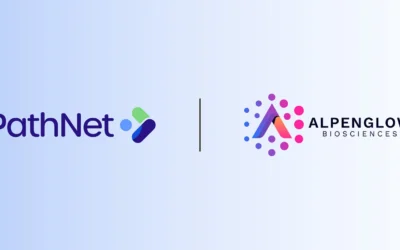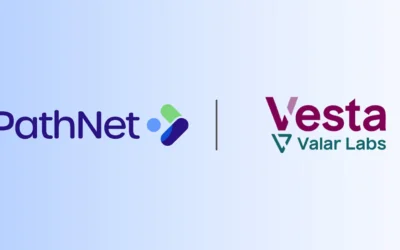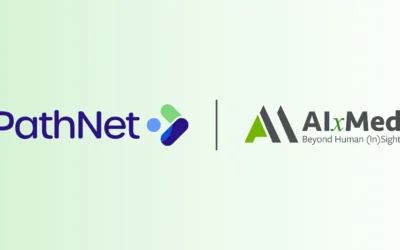PathNet’s pathologists participated in Lumea’s first annual Digital Diagnostic Summit in Park City, Utah.
The founder of PathNet, Matthew O. Leavitt M.D., and pathologists Adam Cole M.D., Hillel Kahane M.D., and Nicole Massoll M.D. participated as presenters and panelists at the summit
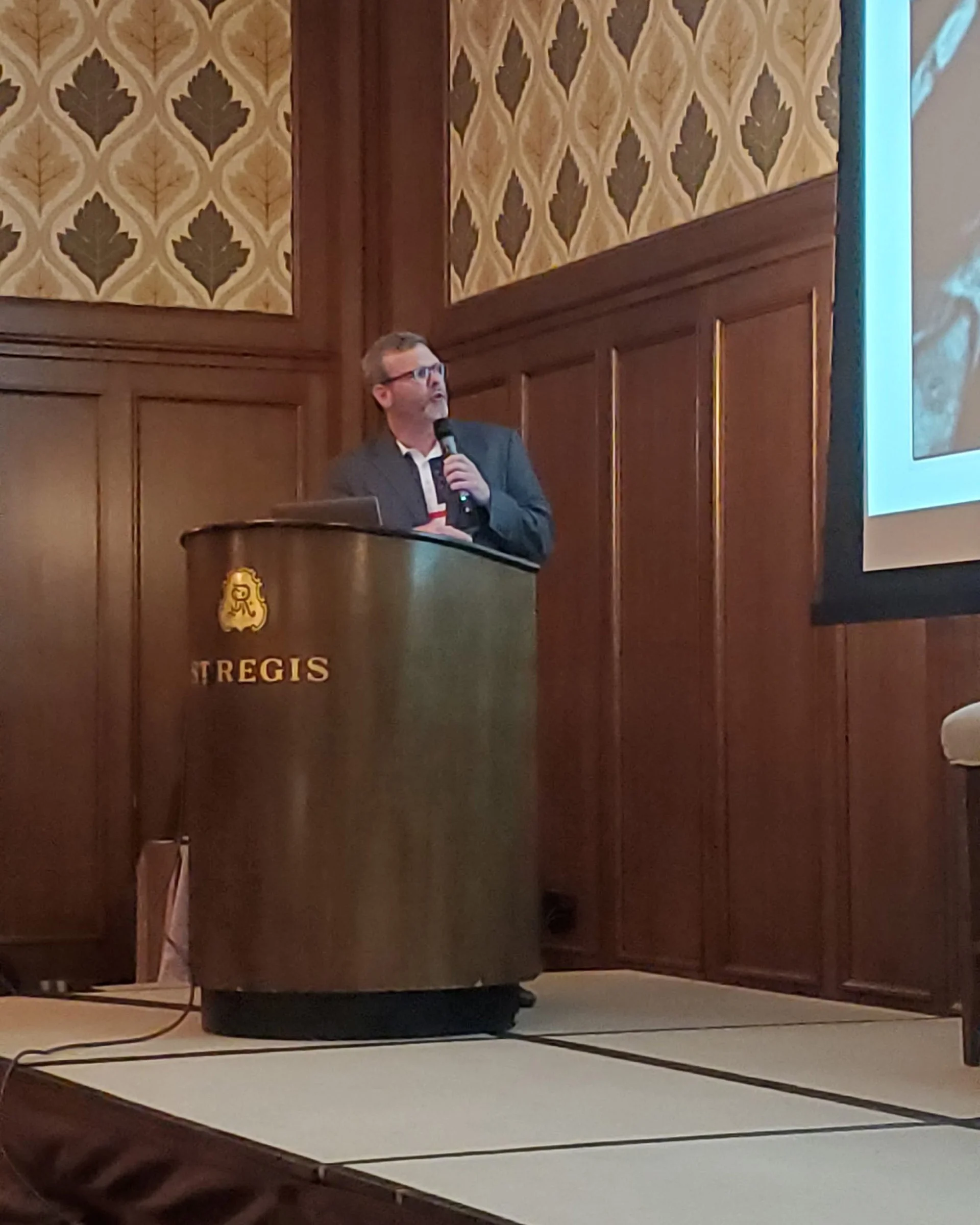
How Digital Pathology Has Differentiated My Practice – Adam Cole, MD
Adam Cole, MD presented on how digital pathology has helped differentiate his practice. There were many points that he touched on, specifically, using the BxBoard® and BxChip®, whole slide imaging, artificial intelligence, and biomarker assistance.
Dr. Cole also dove in-depth into a trend that he’s noticed when signing out prostate cores, thanks to PathNet’s use of the BxChip® in their lab processes allowing maintained tissue orientation for prostate cores. Specifically, Dr. Cole explained how he is able to pass his concern on to the ordering urologist right on the pathology report with a “Critical Comment Box”.
Digital Pathology in The Real World – The Puts and Takes Pathologist Panel with Moderator Joseph Anderson, MD
Hillel Kahane, MD, and Nicole Massoll, MD, participated in the evening’s fireside chat with Dr. Joseph Anderson. The panel discussed digital pathology sign-out and the use of AI. Where it is and where it’s going.
Dr. Kahane had the opportunity to discuss what he’s experienced in his use of AI, how he’s used it, and what he believes the future of AI in pathology could look like. Kahane explained that right now, AI is not great at determining Gleason scores and that it will take time to improve. However, he believes that AI will continue to get better and collect more data during sign-out. All-in-all Dr. Kahane positively stated, “All this extra data coming your way will only benefit the patient.”
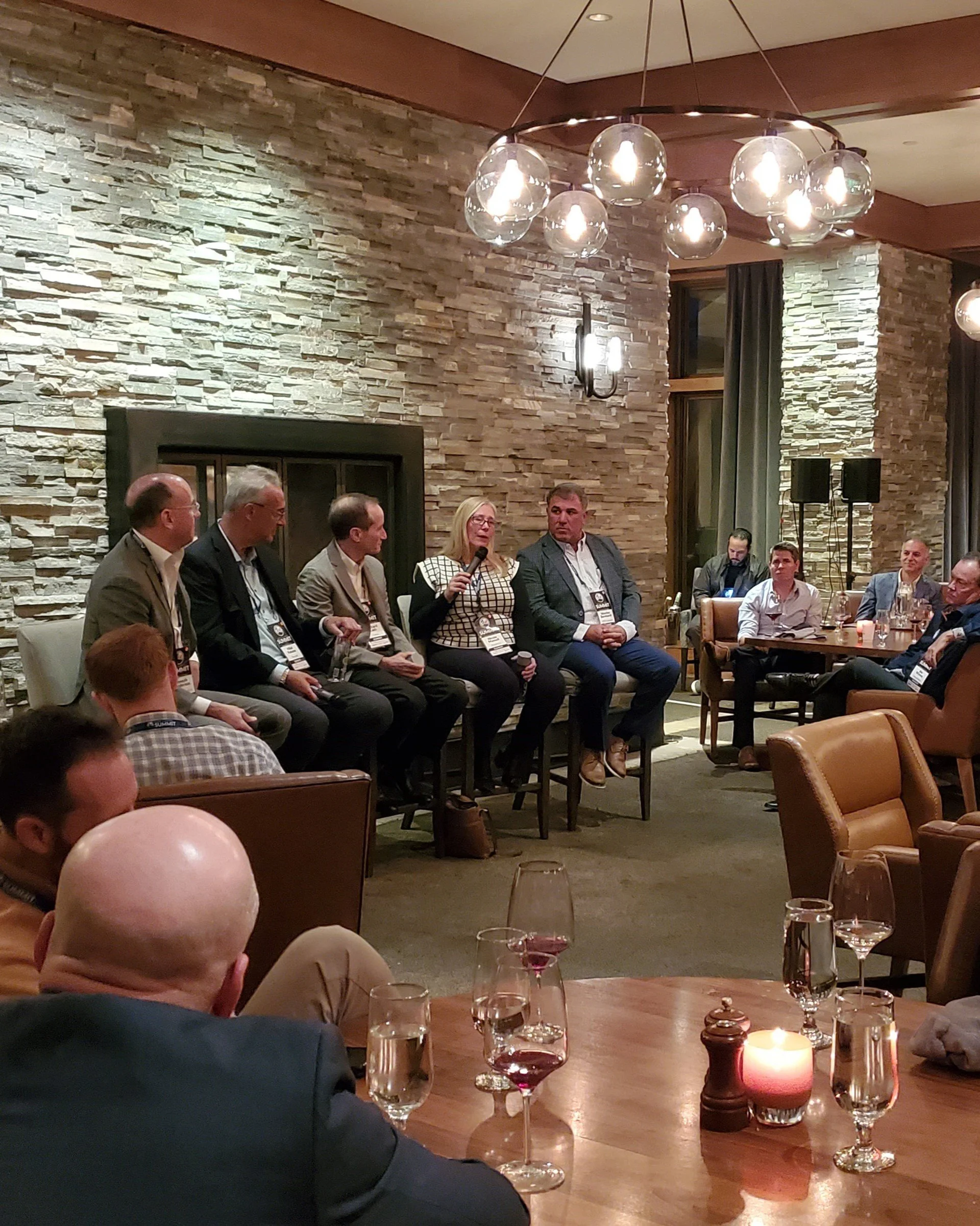
Dr. Massoll shared her thoughts on how digital pathology is elevating the pathology profession. Saying that taking a step back and starting digital pathology efficiencies when tissue is being processed brings better results. Everything coming into the lab, especially when paired with a BxChip®, provides more efficiency. We can see this specifically when you are ordering stains. Because 6 cores are grouped on the same slides, every core gets stained. Having those additional cores stained, without it costing more, can be helpful at times and can provide more information for both the pathologist and the clinician.
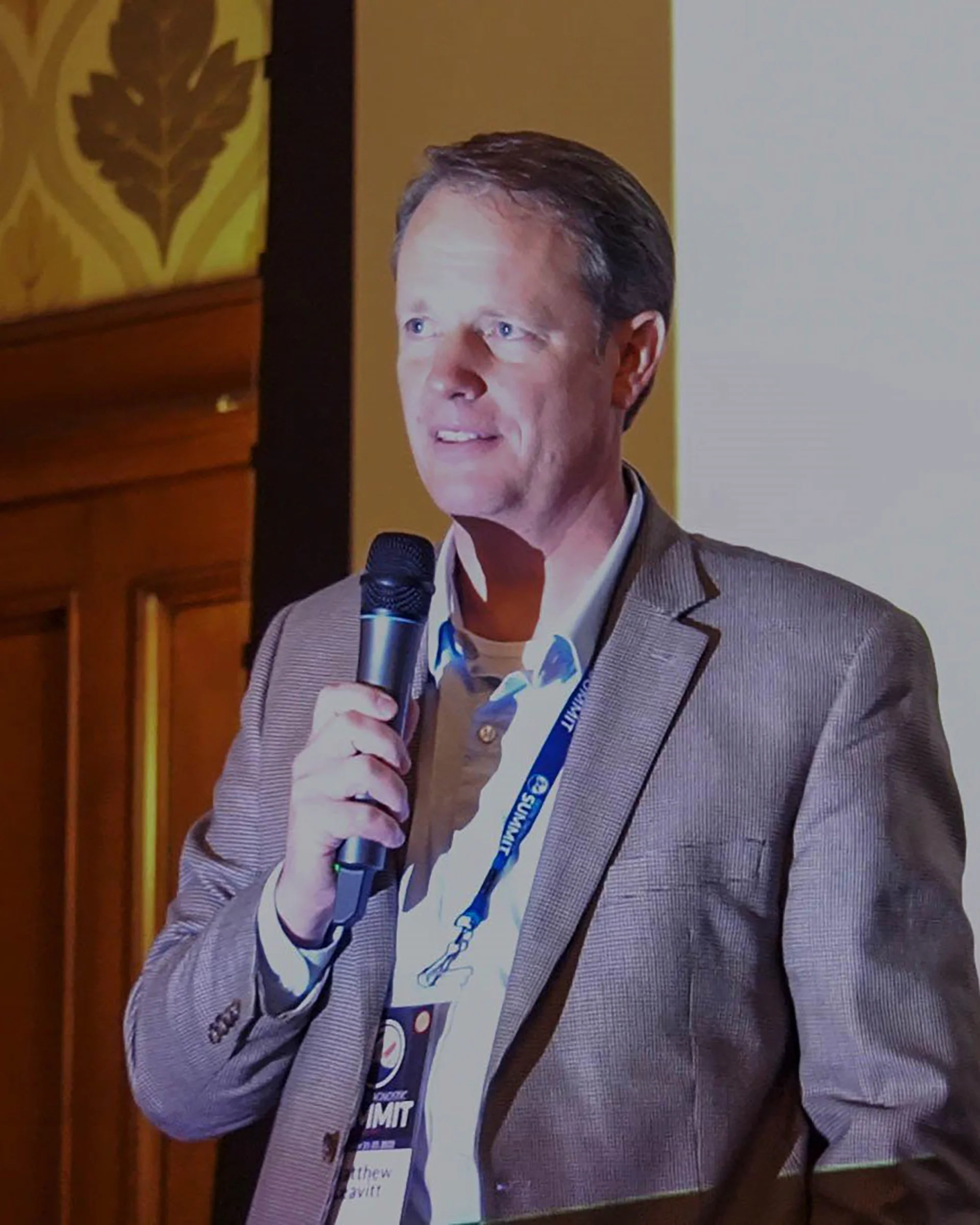
DDX: The Link Between Digital Pathology & the Patient – Matthew Leavitt, MD
Dr. Leavitt, the founder of PathNet and LUMEA, presented on his new endeavor, the DDx Foundation.
The DDx Foundation is a non-profit 501c that strives to accelerate progress in cancer treatment by making the sharing of data seamless. By aligning healthcare providers, technology companies, and patients, the DDx Foundation builds a bridge between innovation in cancer treatment and patient care.
“One thing that aligns all of us is that we all want the greater good., Matthew O. Leavitt MD, “The reality is, if we all want to make this work […] there needs to be a trusted intermediary, a bridge, that is patient-centric.”
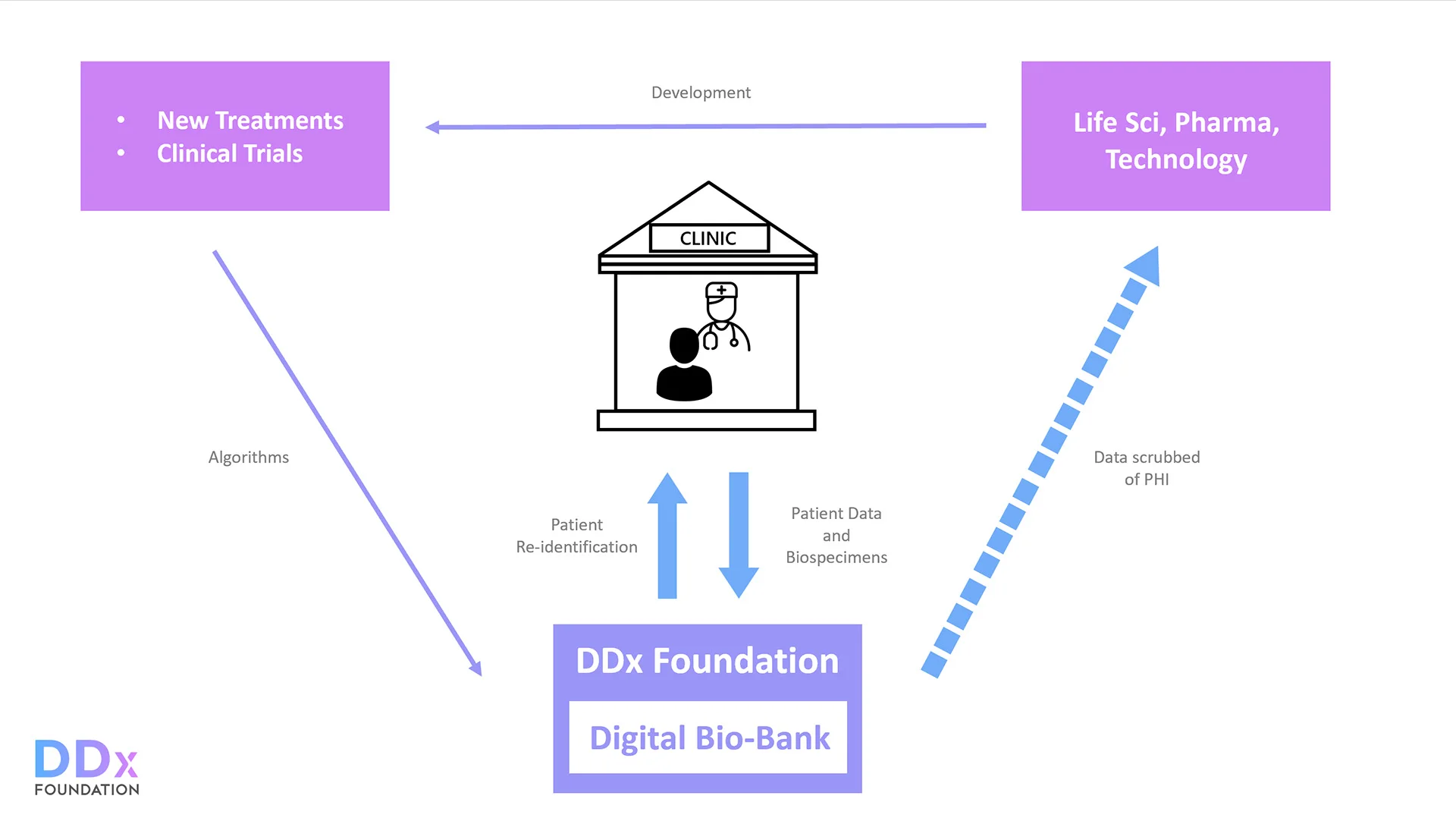
Protecting patients’ data and keeping a separation between benefiting technology companies and patient care is a foundational value of the organization. The DDx Foundation acts as a trusted biobank that houses patient data, separated from benefactors. Outside companies only gain access to de-identified data that cannot be traced back to patients, keeping their identities secure.
If or when an individual is found as qualifying for a new cancer treatment, the DDx Foundation then internally re-identifies that individual and contacts their healthcare provider, allowing them to discuss new healthcare and treatment options.
If you or your company is interested in becoming involved with the DDx Foundation, reach out to Matthew O. Leavitt matt@ddxfoundation.org, or Joanne Brattain joanne@ddxfoundation.org.
Thank you to the DDx Summit for putting on an amazing conference. We had a wonderful time, and we’ll see you again next year!


